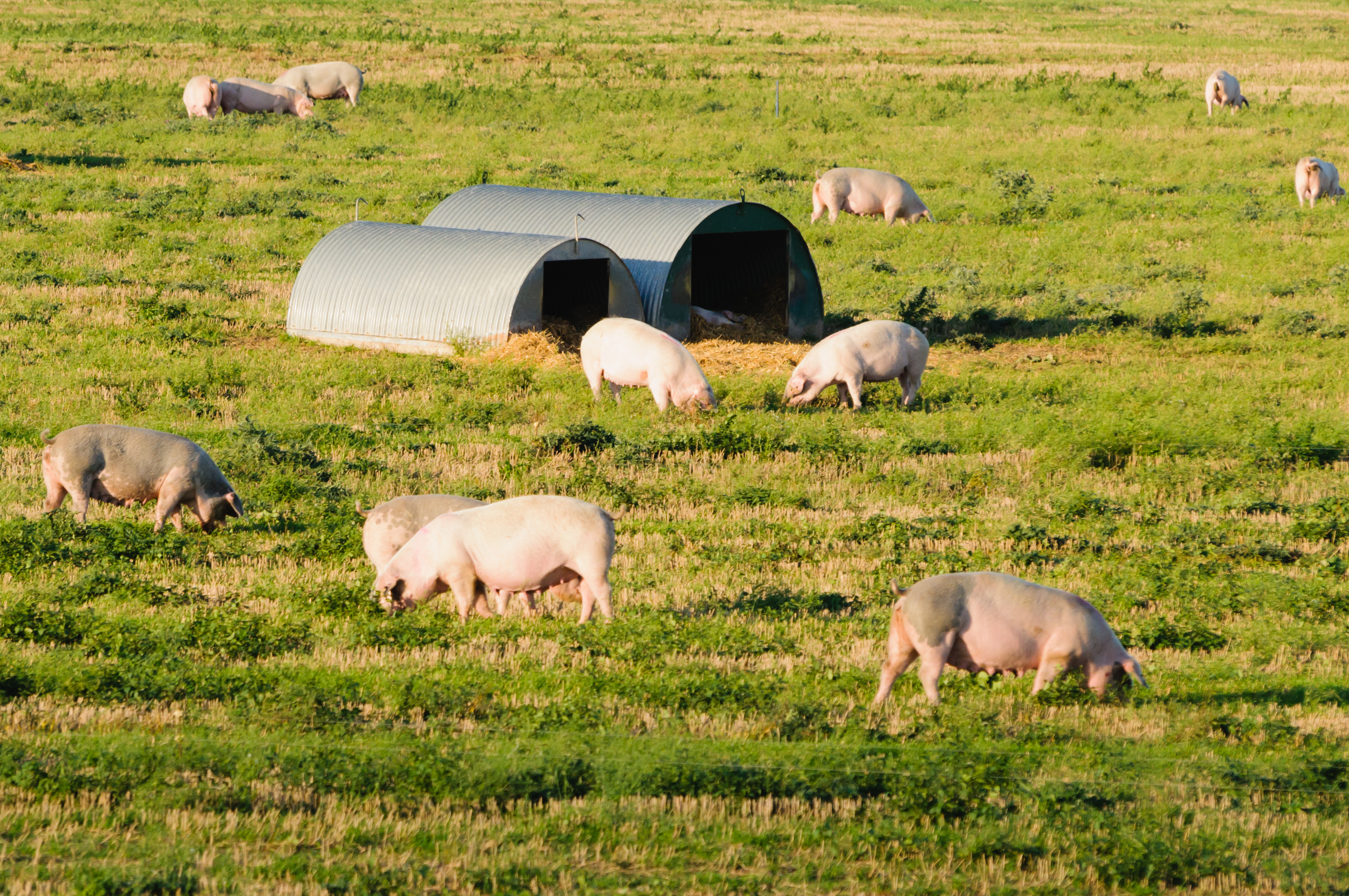



New Agriculture Bill to boost environment and food production
A future where farmers are properly supported to farm more innovatively and protect the environment is a step closer today following the introduction of the Agriculture Bill.The landmark legislation introduced today will provide a boost to the industry after years of inefficient and overly bureaucratic policy dictated to farmers by the EU.
It sets out how farmers and land managers in England will in the future be rewarded with public money for “public goods” – such as better air and water quality, higher animal welfare standards, improved access to the countryside or measures to reduce flooding. This will contribute to the government’s commitment to reaching net zero emissions by 2050, while at the same time, helping to boost farmers’ productivity.
This will replace the current subsidy system of Direct Payments which pays farmers for the total amount of land farmed, skewing payments towards the largest landowners rather than those farmers delivering specific public benefits.
Instead, the new measures will provide a better future for agriculture in this country, maximising the potential of the land for food production and for delivering public goods.
"Productivity shouldn’t just be about producing more food; it must not be an expense to the environment, and should involve farmers delivering healthy food at world-leading standards. This new Agriculture Bill needs to be clear and transparent, enabling farmers to have an honest contract with society for the future."
-Martin Lines, Chair of the Nature Friendly Farming Network-
The reforms set out in the Bill are supported by the manifesto commitment to maintain overall annual funding for farm support at current levels for the duration of this Parliament.
Environment Secretary Theresa Villiers said: “Our landmark Agriculture Bill will transform British farming, enabling a balance between food production and the environment which will safeguard our countryside and farming communities for the future.
“This is one of the most important environmental reforms for many years, rewarding farmers for the work they do to safeguard our environment and helping us meet crucial goals on climate change and protecting nature and biodiversity.
"We will move away from the EU’s bureaucratic Common Agricultural Policy and towards a fairer system which rewards our hard-working farmers for delivering public goods, celebrating their world-leading environmental work and innovative, modern approach to food production. "
-Environment Secretary Theresa Villiers-
“We will continue to champion British produce and support farmers to adapt to our new pioneering approach to agriculture through a seven-year transition period in England, ensuring we unleash the potential of our farmers for the future.”
The new Bill champions British food by improving transparency and fairness in the supply chain from farm to fork and through investing in new technology and research to ensure our world-renowned food producers remain competitive and innovative.
Investing in the foundations of food production, such as clean air, soils and water, will safeguard our food security and the Bill will legally require any UK government to report regularly on food security to Parliament.
By collecting data from across the supply chain, the government will also help food producers strengthen their negotiating position at the farm gate and seek a fairer return.

In order to spend more on boosting productivity and environmental benefits, Direct Payments will be phased out over an agricultural transition period, which is due to start in 2021 and run for seven years.
Later in the agricultural transition, the government plans to ‘delink’ Direct Payments from the requirement to farm the land, a requirement that currently exists under EU law. This will give farmers greater flexibility to plan for their future as these payments will be able to be used by farmers to invest in their business, diversify their activities or help new people enter the sector.
"This Bill is one of the most significant pieces of legislation for farmers in England for over 70 years and it is absolutely vital that it is tailored to farming’s specific needs and ambitions."
-NFU President Minette Batters-
For farmers new to environmental work or hoping to do more than they currently do under the future Environment Land Management (ELM) scheme, the transition period will also allow them time to understand how new schemes can work best for their farm. Farmers and land managers can seek advice and information from Natural England’s team of advisors on the possible options available both now with a new Countryside Stewardship application window opening this year, and in the future when the future ELM scheme is fully rolled out.
The government has already announced that the funding available for Direct Payments for 2020 will be the same as for 2019, and the Direct Payments to Farmers (Legislative Continuity) Bill has been introduced to Parliament to enable us to make Direct Payments to farmers for the 2020 scheme year– giving much-welcomed certainty to our farmers and food producers.
For subsequent years we are committed to matching the current budget available to farmers in every year of this Parliament, providing certainty and stability in advance of transitioning to the new system in England and phasing out direct payments in favour of rewarding the provision of “public goods”.








